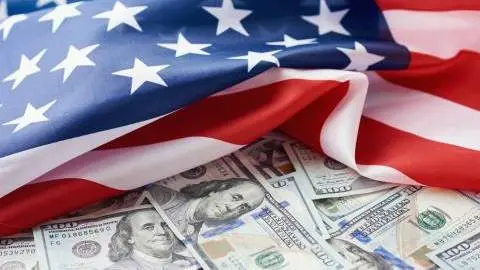Germany: Super election year set to start
Sunday's regional state elections mark the start of a 'super election year', leading to the national elections in September. The two elections on Sunday will give a first taste of the country's appetite for political change
On Sunday, the so-called super election year in Germany will kick off. Ahead of the national elections in September, six regional states will be voting on a new government. Up first, the states of Baden-Wüttemberg and Rhineland-Palatinate. Local elections on county and city councils in the regional state of Hesse also take place on Sunday.
Regional state elections in Germany are always a strange beast. Sometimes they are heavily influenced by regional developments, sometimes they offer a chance to voice support or discontent with national politics and politicians. Even more interesting, regional state elections in the spring of a national election year have often heralded the country’s appetite for change. With this in mind, keep a close eye on Sunday’s results.
What to watch
There are about 3.1 million eligible voters in Rhineland-Palatinate and around 7.7 million in Baden-Württemberg, roughly one fifth of all eligible voters in the country. The current government in Rhineland-Palatinate comprises a coalition known as the ‘traffic light coalition’ because of the colour of the parties. These include the Social Democratic Party (SDP), the Free Democratic Party (FDP), and the Greens. Baden-Württemberg is the only German state led by a Green minister-president, in a coalition with the CDU. The two parties will be the main rivals for the most votes. In both states, latest polls point to a small majority for the current coalitions. For the national elections in September, however, there are three major aspects to watch on Sunday:
- In Rhineland-Palatinate, the SPD had one of its best election outcomes in 2016, defying the national trend of gradually diminishing electorate support. Back then, the party received 36% of the vote. Anything close to the 2016 result could give finance minister Olaf Scholz a tailwind for his campaign in the national elections. Any significant loss, however, could dent supporters’ enthusiasm in the months ahead.
- The Greens have their only minister-president, Winfried Kretschmann, in Baden-Wuerttemberg. The party has enjoyed a lot of electorate support over the last few years and is currently the second largest party in national polls, looking for a potential government coalition with the CDU at the national level after September. Another victory for Winfried Kretschmann would support the Green’s ambitions at the national level.
- The CDU still has to decide on its candidate for the national elections. The choice will be between newly-elected party chairman Armin Laschet and Bavarian minister-president Markus Söder. The party’s performance in Sunday’s two elections will weigh in on this decision. A better-than-expected performance should, in our view, increase Laschet’s chances, a worse-than-expected performance would support calls to opt for a more popular candidate, read Söder.
The result of Sunday’s elections will probably be a mix of regional and national factors. Particularly for the CDU, it will be a popularity vote on the recent handling of the coronavirus crisis. Never-ending lockdowns, delays and chaos with vaccinations and rapid tests, and now recently also the scandal over two CDU MPs resigning over alleged kickback payments for state purchases of respiratory masks, have led to significant losses in opinion polls. For the CDU and other parties, too, Sunday’s elections will be the first real test case to measure the country’s support of the latest crisis management.
This publication has been prepared by ING solely for information purposes irrespective of a particular user's means, financial situation or investment objectives. The information does not constitute investment recommendation, and nor is it investment, legal or tax advice or an offer or solicitation to purchase or sell any financial instrument. Read more
Download
Download article
8 March 2021
Who wants to be a trillionaire? This bundle contains 6 Articles